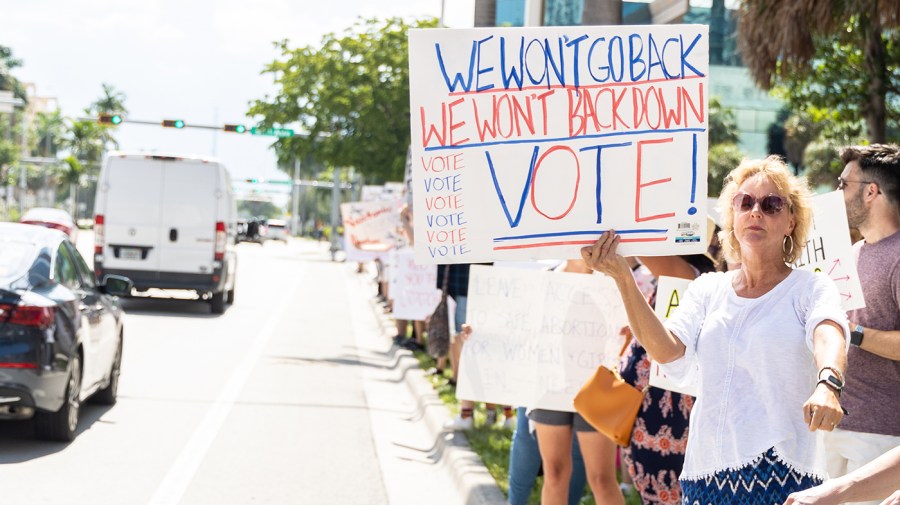
Democrats have become much more likely to lean liberal in their social views over the past 25 years, according to a new Gallup analysis.
An analysis of a May Gallup survey found liberal identification has gradually increased since 1999, while conservative and moderate identification have each decreased slightly over the years.
When Gallup began asking Americans about their ideologies in 1999, survey participants were more likely to identify as socially conservative than liberal, researchers noted. From 1999 to 2008, a third or more of Americans each identified as conservative or moderate on social issues, while roughly a quarter said they were socially liberal.
In the latest survey, Gallup found Americans are now nearly equally likely to hold socially conservative, moderate or liberal views, with 32 percent each choosing the former two options and 33 percent choosing liberal.
This change is primarily fueled by Democrats. Gallup noted “neither Republicans nor independents have become more liberal in their views” over the past 25 years.
Democrats’ liberal identification on social issues increased by 30 points from 2004 to this year, according to the analysis, while Republicans and independents are no more and no less likely to identify as socially liberal.
The Gallup analysis pointed to a series of landmark social issues that may have played a role in the decrease in conservative perspectives, including the expansion of LGBTQ+ rights, the legalization of marijuana in several states and the Supreme Court’s overturning of Roe v. Wade.
When it comes economic issues, conservative and moderate views are still more common than liberal perspectives. About 39 percent of Americans said they have a conservative perspective, while 35 percent said moderate.
About a quarter of Americans described their economic ideologies as liberal, a number that has also increased over time. The highest level of liberal economic identification was recorded in 2021 at 25 percent, Gallup noted.
Democrats’ liberal identification on economic issues nearly doubled, while Republicans and moderates stayed the same, as with social issues.
The analysis was based on the Values and Beliefs Survey of the Gallup Poll Social Series, taken May 1-23. The series consists of interviews with adults over the age of 18 living in all 50 states and the District of Columbia.














